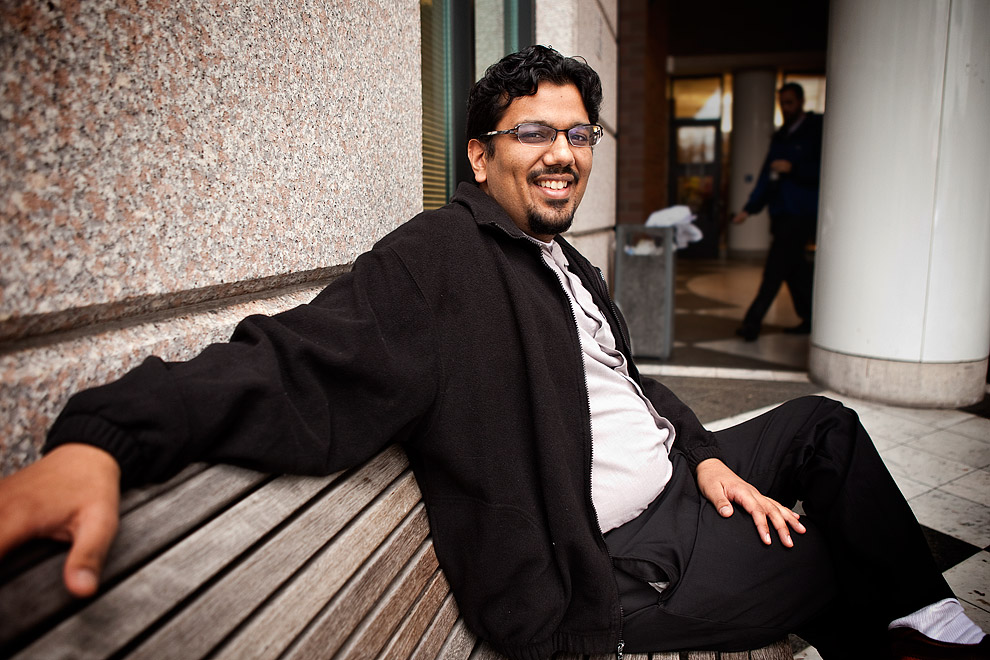
What does it mean to be named an Emerging Leader in Hospice and Palliative Medicine?
I am deeply honored, reinvigorated, and hope-filled to be named an Emerging Leader in Hospice and Palliative Medicine. The Academy is electing to stand with a physician-scientist who has worked for 15 years on the health geography of accessibility to the traditionally used medicinals—cannabis and psychedelics—known as “entheogens”, defined in the Oxford English Dictionary as “chemical substance[s], typically of plant origin, that [are] ingested to produce a nonordinary state of consciousness for religious or spiritual purposes.” The greatest impediment seriously ill patients and their caregivers face when exploring hopes for better quality of life and easement of suffering with use of cannabis and other entheogens is the painful and pervasive stigma associated with their use, perpetuated by misguided and misinformed policies. Stigma contributes to widespread health professional ignorance regarding their responsible and appropriate use, limits wider investigative studies, and leads to lost opportunities for palliative empiric treatment trials applying what is already known about their safety and utility. For example, we are seeing remarkable results in our own clinic with use of ketamine-assisted psychotherapy for palliation of existential distress in cancer patients and medicinal cannabis health education for pain and other symptom relief, yet we are unable to get major third-party payors to reimburse for this type of care. It is heartening the Academy has accepted Dr. Ira Byock’s petition to start a forum space on Safe Use of Psychedelic Assisted Therapies where the advancement of these treatments and related health and human rights issues can be discussed further.
Describe how you became interested in hospice and palliative medicine and who/what influenced your work.
Through my undergraduate studies in philosophy and religious studies, and my own self-exploration, I have come to appreciate the underlying layers of complex subjectivity—inner worlds—we each inhabit and strive to use this common ground to foster a practice of empathy toward those in distress. The roots of my interests in HPM trace back to early high school when I participated in a series of Lincoln-Douglas debates about the terminally ill and their right to die. In preparation, I was exposed to literature from the ‘right to die’ movement on the value of minimizing needless human suffering at the end of life, and I began to understand that quality is in fact what makes life truly worth living. I learned of HPM during the winter of my first year in medical school from physicians leading an evening elective called The Healer’s Art, an innovative course on values and professionalism. The physician serving as our small group leader, a hospice and palliative medicine specialist, brought in a Tibetan singing bowl to class and led us in meditations on the fragility of life and the need to guard against burnout. As a fourth-year medical student, during my palliative care clerkship in acute inpatient, home hospice, and inpatient hospice settings, I observed the need for supportive and comfort-oriented care for patients and families facing extreme and often sudden tragedy, devastating illness, and distress. I saw first-hand the peace of mind and pain relief that diligent hospice and palliative care could provide.
What is your vision for the future of hospice and palliative medicine?
I envision universal accessibility of HPM services and integration of HPM philosophy into public health. To address the global pandemic of serious illness-associated unrelieved pain, I envision roadblocks to pain medicine availability being overcome thanks to the efforts of dedicated reformers such as the IAHPC who have worked to incorporate a health and human rights framework into the international drug control treaty system, currently mired in ‘drug war’ pharmacologicalistic classification of drugs as inherently good or bad, without considering the context of use. I envision drug policy radically transforming, incorporating principles of autonomy, harm reduction, and integrative health to yield a dignified public health approach to people engaged in problematic drug use, no longer allowing the harms caused by prohibition of non-problematic and beneficial drug use behaviors, and ensuring universal access to essential palliative medicines.
A century ago, the concepts of ‘contagion’ and ‘carcinogen’ led to upstream innovations such as sanitation, quarantine, and environmental remediation. Ahead, HPM concepts such as normalization of a good death and deep respect and protection for spiritual health and well-being practices will be upstreamed into civil society. This will require recognition that, beyond bare survival, enjoyment of life in line with one’s own sense of meaning, purpose, and values is medically necessary before death. Public health institutions, infused with HPM philosophy, will work to remove all barriers to universalizing this respect and protection, which stem from a lack of awareness, acknowledgement, and accommodation of the socially and culturally diverse varieties of health and well-being practices.
